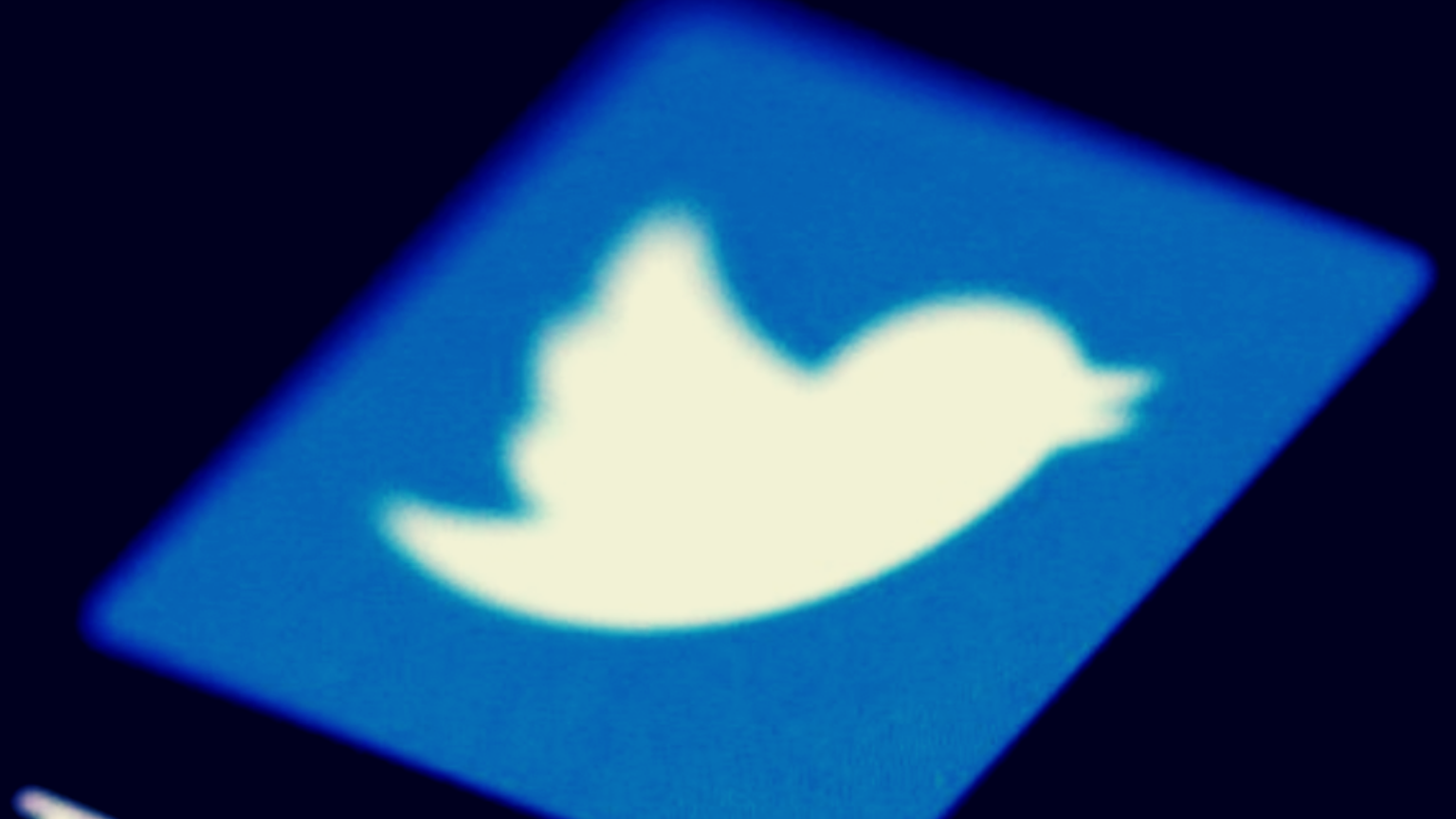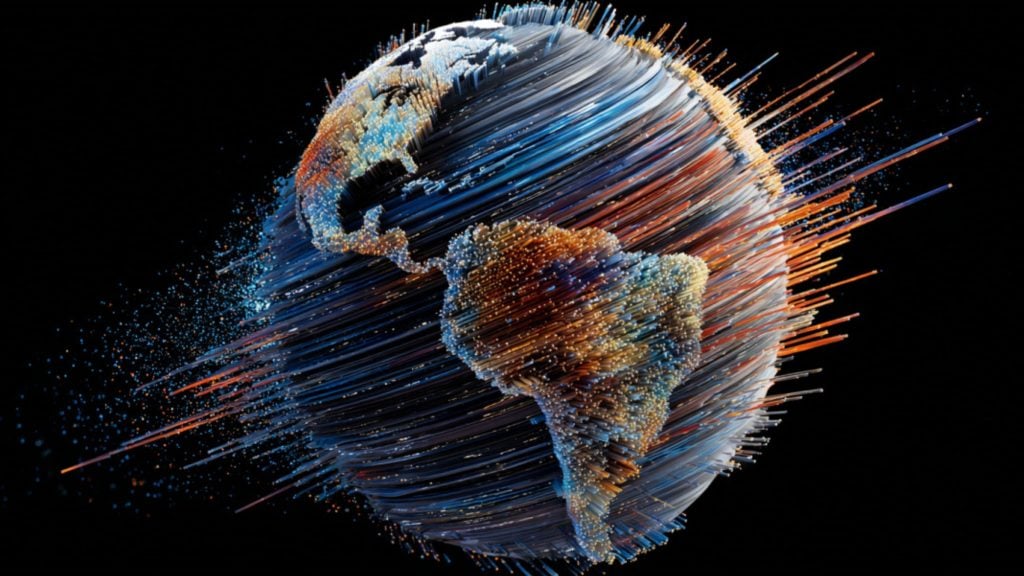Twitter users in Nigeria have been struggling to access the social network on mobile networks. The African country’s government recently announced an indefinite suspension of Twitter operations.
On Friday, the Nigerian government announced the indefinite suspension of Twitter because of “the persistent use of the platform for activities capable of undermining Nigeria’s corporate existence.”
As of Saturday morning, the BBC claims that its reporters in Lagos, the largest city, and Abuja, the country’s capital, were unable to access Twitter on the country’s largest mobile network carriers, MTN and Airtel. However, the social network was accessible on some Wi-Fi network providers, although that is not a common way to access the internet in Nigeria.
The Twitter ban came a few days after Twitter suspended President Muhammud Buhari over a tweet that referenced the 1967-70 civil war in the nation’s southeastern region, threatening to treat “those misbehaving today” in “the language they will understand.” Twitter removed the tweet and suspended Buhari’s account for 12 hours, because the tweet violated its policy on “abusive behavior.”
In a statement, Twitter, despite being trigger happy when it comes to censorship itself, described the ban, announced by Information Minister Lai Mohammed , as “deeply concerning.”
Mohammed had previously criticized Twitter’s censorship of Buhari, calling it “double standards,” and an infringement of the president’s right to free speech.
Twitter’s statement added that the company is “investigating” the Nigeria ban and “will provide updates when we know more.” The Nigerian government did not explain how Twitter had been “undermining Nigeria’s corporate existence” and did not explain how the ban would work.
According to BBC News Nigeria correspondent Nduka Orjinmo, the ban was imminent. Since the current administration came into power in 2015, it has explored the idea of social media regulation. The suspension of the president appears to be the straw that finally broke the camel’s back.
However, according to Orjinmo, Twitter’s fate was sealed for its role in the #EndSars anti-police brutality protests earlier in the year. The protests were organized mostly on Twitter, and CEO Jack Dorsey even made a donation to one of the top groups organizing the protests.
While Twitter provided a voice to many oppressed Nigerian youths, the government saw the platform’s role in the protest as a line that should not have been crossed.
Twitter’s statement also revealed that Nigeria’s broadcasting regulator would start “the process of licensing all OTT [internet streaming services] and social media operations in Nigeria.”
Amnesty International Nigeria director Osai Ojigho blasted the ban, saying:
“This action is clearly inconsistent and incompatible with Nigeria’s international obligations. We are calling on the Nigerian authorities to immediately reverse the unlawful suspension and other plans to gag the media, repress civic space, and undermine Nigerians’ human rights.”
Nigerians have already started looking for ways to circumvent the ban. According to search tracking toll Trendsmap, “VPN” was one of the most popular searches since the ban.












